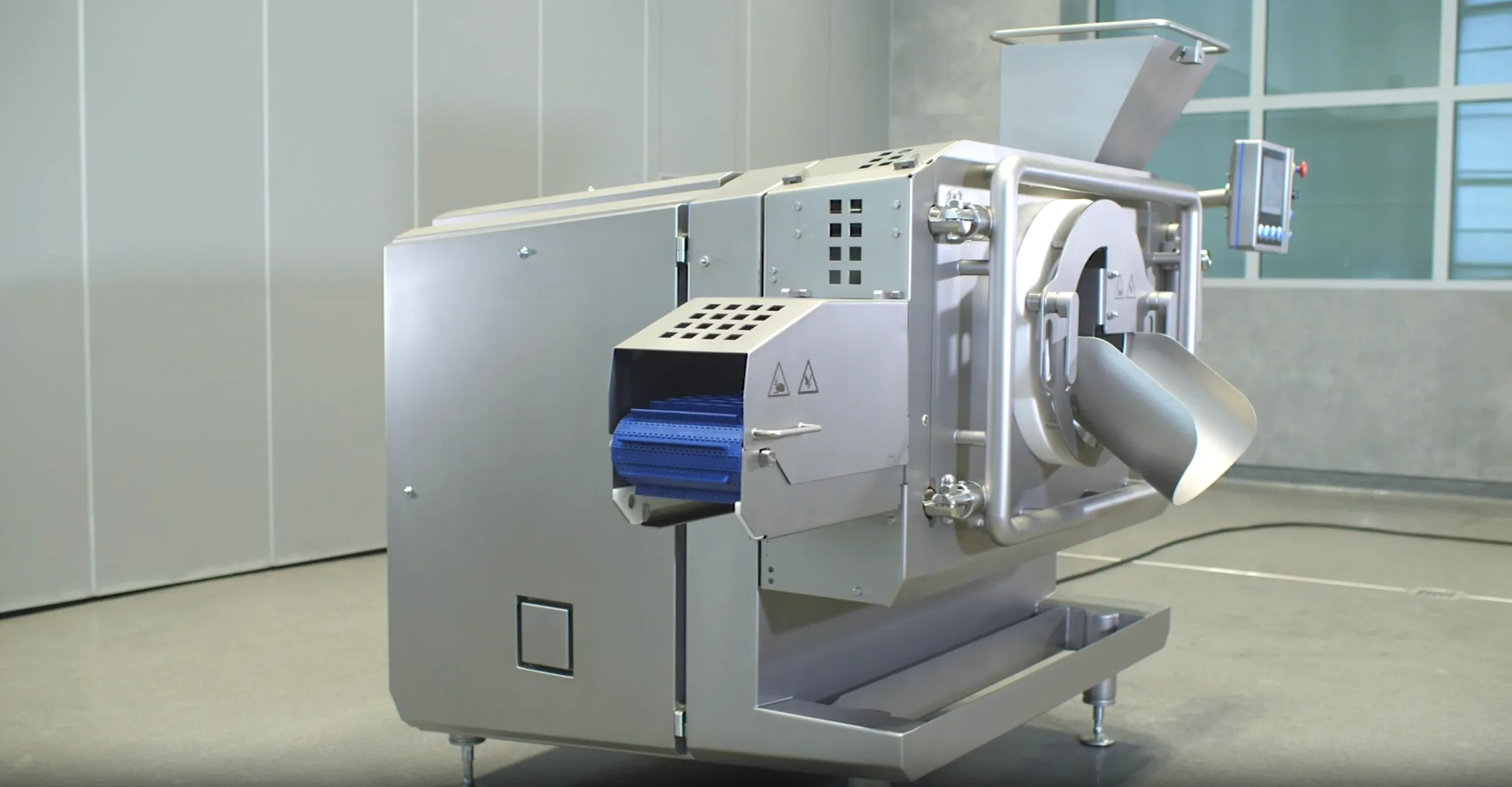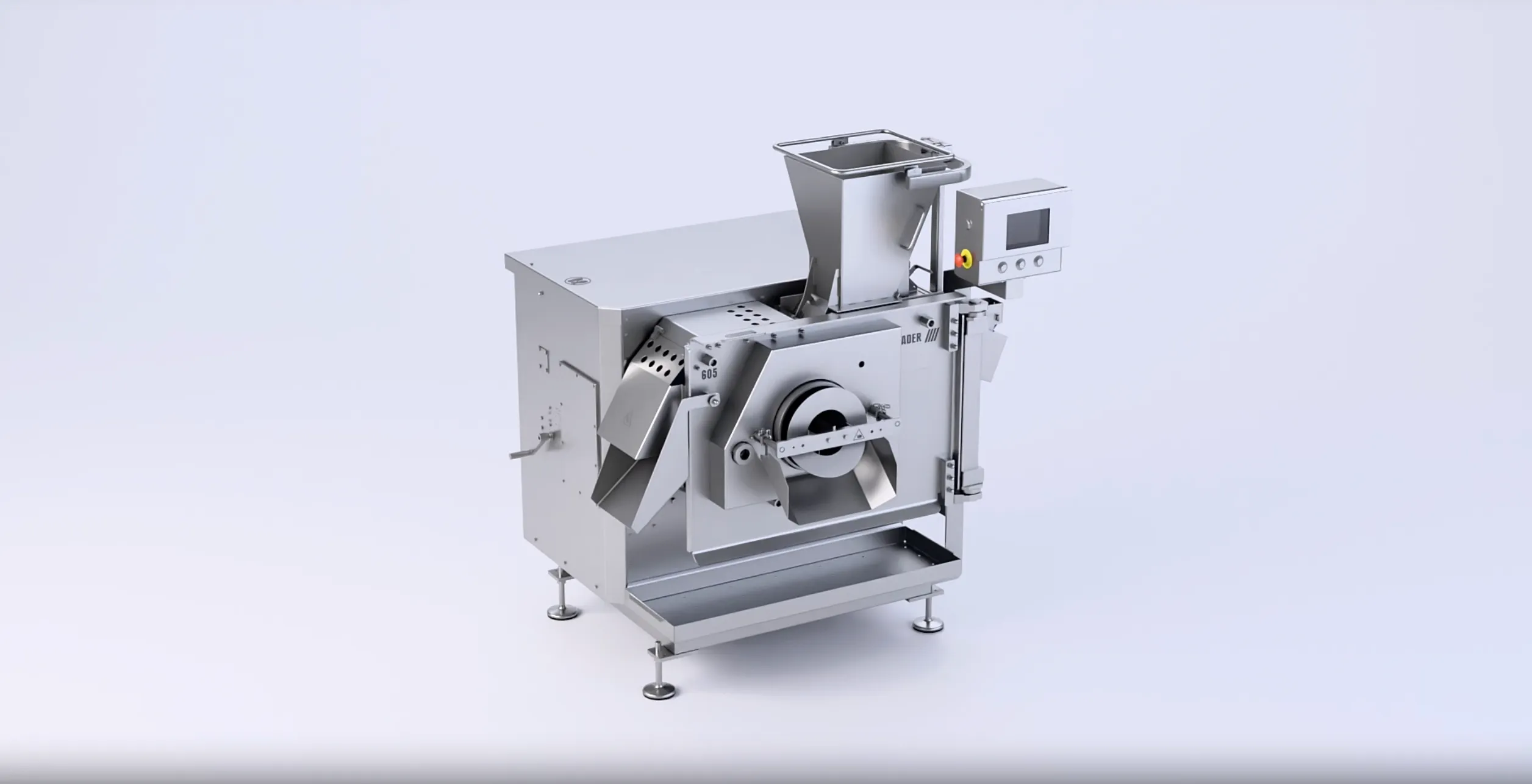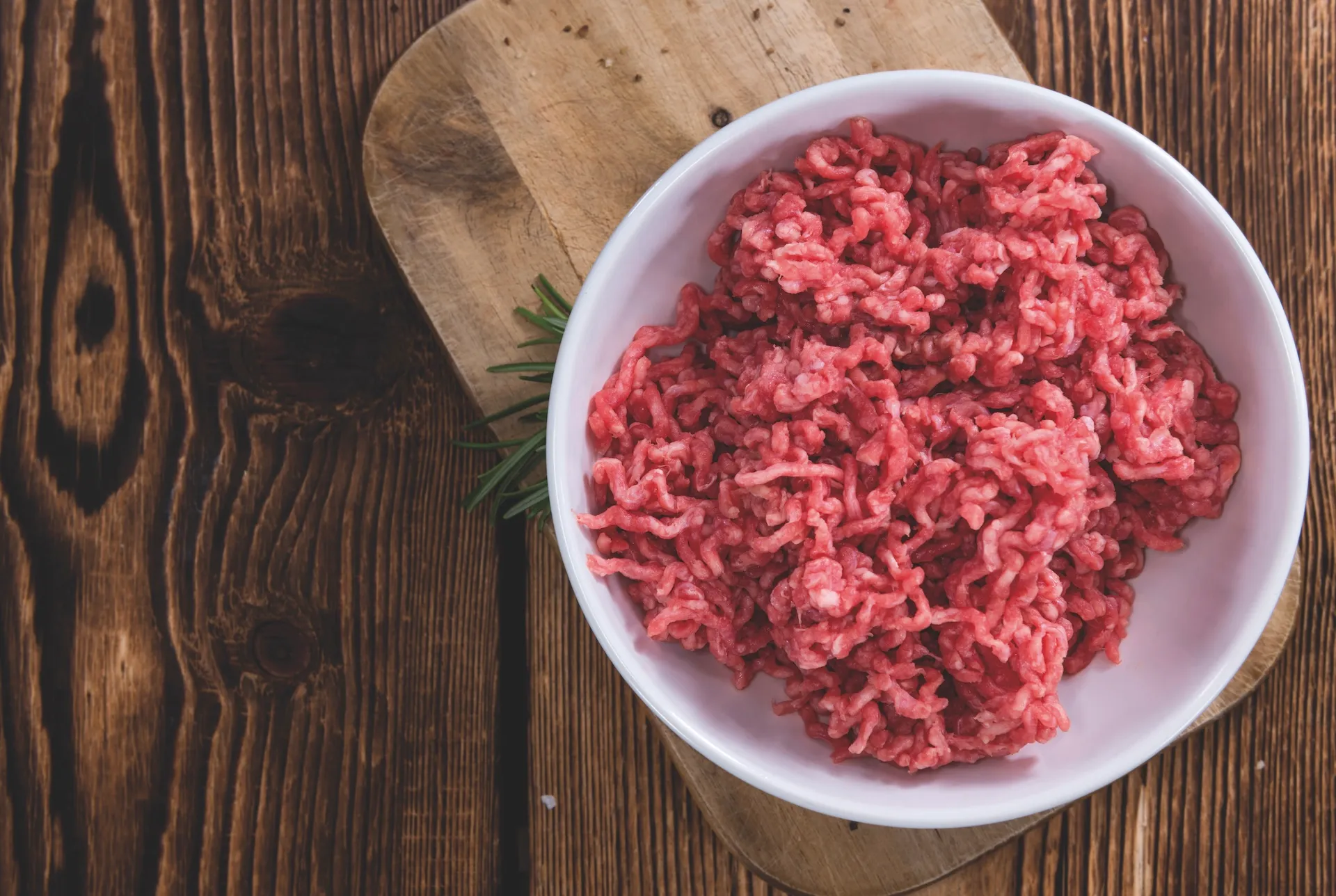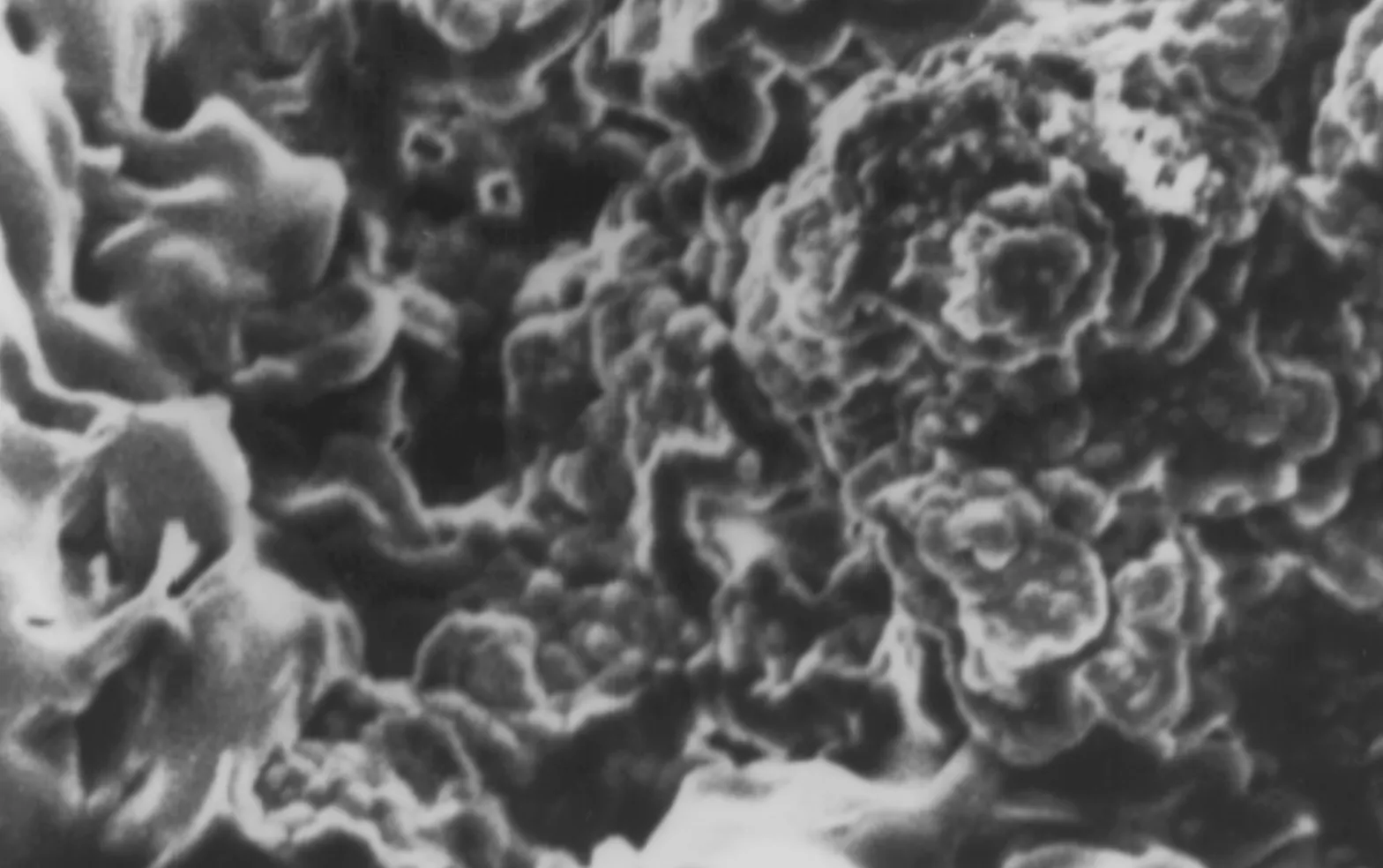Main Menu
Processing Overview
Partner in Fish Processing
BAADER Products
Primary Processing
Secondary Processing
Software Solutions

BAADER Refining Machines utilize a unique and globally proven method of creating ground meat. Previously discarded debone trimmings can now be a part of our customers’ deboning process. Ground meat from the BAADERING Process allow processors to increase their debone yield and greatly improve their bottom line. BAADER Meat can be labeled as ground meat and is only achievable through our specially designed BAADERING Technology. The desinewed meat is protein rich and contains less connective tissue than meat that is grounded only.


BAADERING of various meat materials allows for a highly refined product, free from tendon, bone and cartilage, while preserving the muscle fiber structure. The soft meat components remain intact and exit through 3mm or 5mm holes creating a thick ground meat texture. The solid components remain outside the drum, where they are continuously discharged.

Typical yields from the BAADER Refining Machines, using beef and pork trimmings, are approximately 1,800-17,500 pounds per hour depending on the model. BAADER guarantees the highest product yield and superior meat quality with the lowest calcium content and the lowest temperature increase during processing.

Soft separation techniques, such as those used in BAADERING Technology, offer several advantages over hard separation methods. These include maintaining an excellent texture due to intact muscle structure, lower calcium levels, reduced microbiological activity, minimal temperature increase, and extended shelf life.

In contrast, hard separation methods often result in a paste-like texture due to destroyed muscle structure, higher bone content and calcium levels, increased microbiological activity, reduced storage time, and significant temperature increases. This highlights the superior quality and preservation benefits of the BAADER soft separation techniques.
